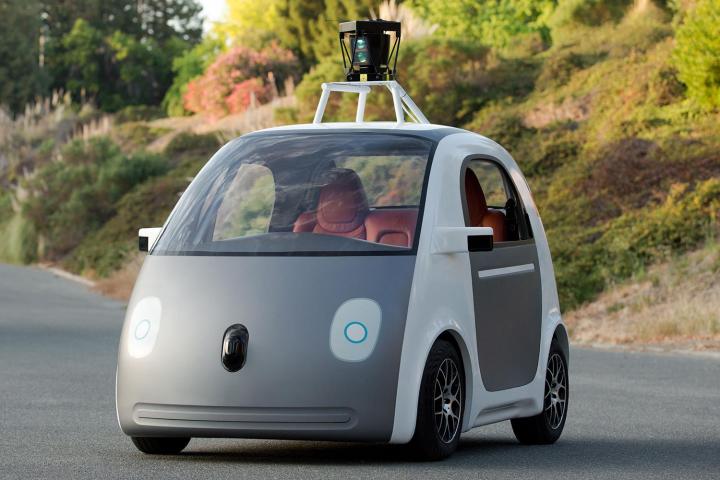
In its blog entry, published on October 30 in anticipation of the weekend’s Halloween festivities, the tech giant and purveyor of home-grown smart car capabilities noted that they actually made use of the hoards of children who were out and about in costumes. “We asked [children and their families] to hang out around our parked cars,” said Google, which gave their “sensors and software extra practice at recognizing children in all their unique shapes and sizes, even when they’re in odd costumes.”
Essentially, by parading little tots and tykes in front of self-driving cars, Google hoped to train their latest pieces of technology in how to anticipate the often erratic movements made by younger humans. “When our sensors detect children — costumed or not — in the vicinity, our software understands that they may behave differently,” writes Google. “Children’s movements can be more unpredictable — suddenly darting across the road or running down a sidewalk — and they’re easily obscured behind parked cars.”
While Google’s self-driving cars have already demonstrated signs of being a bit overcautious (fixed gear bikes confuse the living daylights out of these automobiles), “better safe than sorry” is definitely in full effect when children’s lives are at stake.
“So even if our cars can’t quite appreciate the effort the kids put into dressing as their favorite character from Frozen,” concludes Google, “they’re still paying full attention!”


